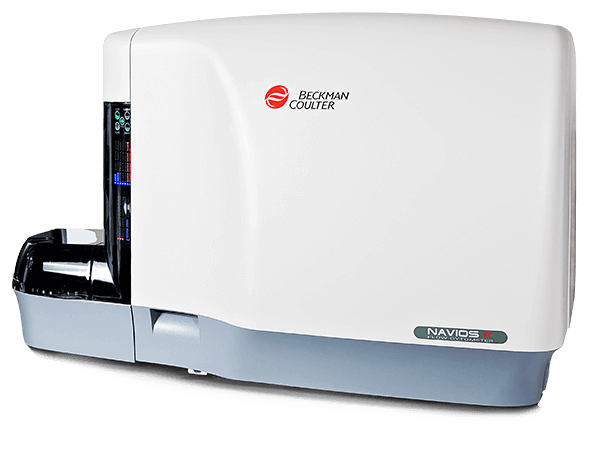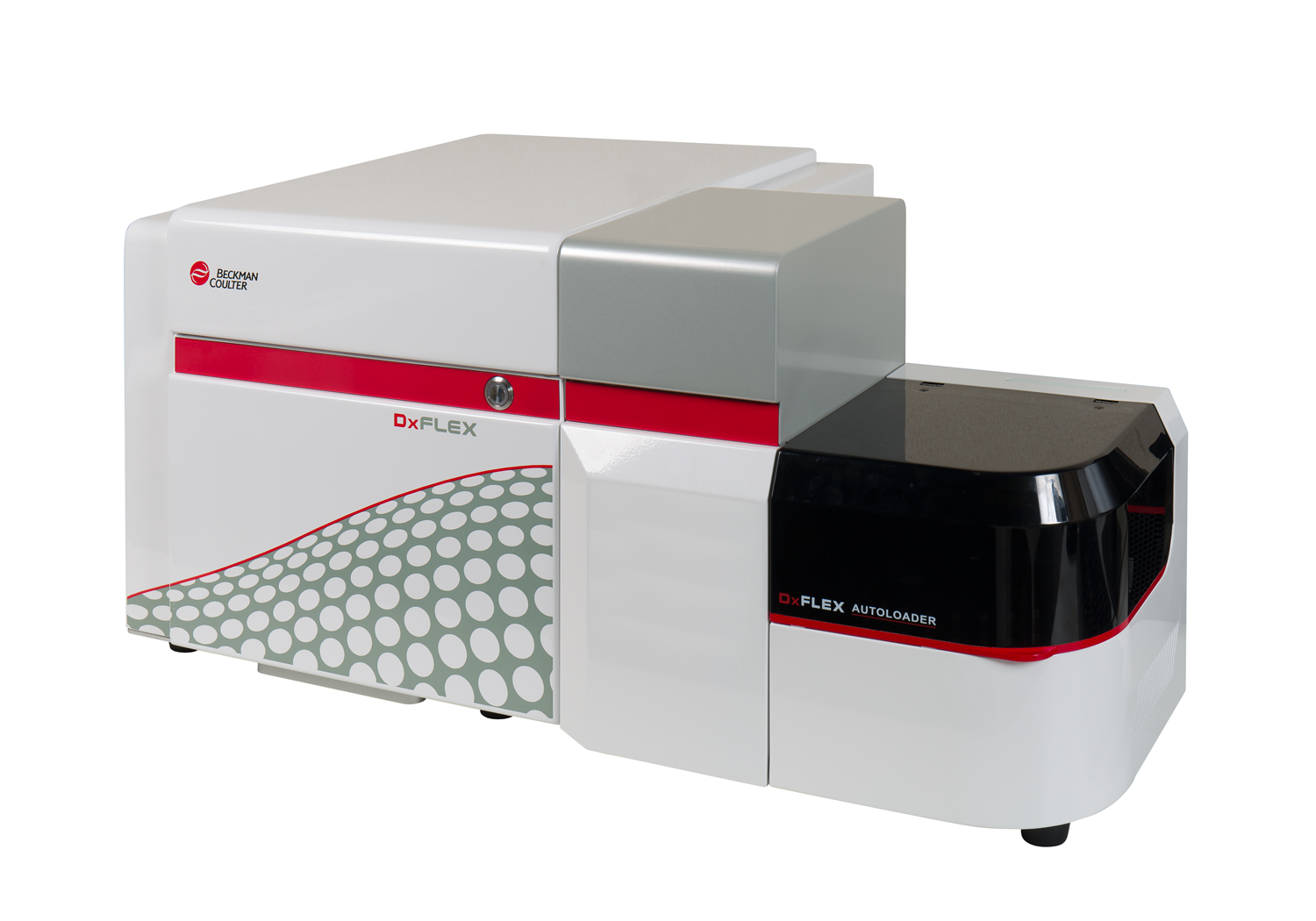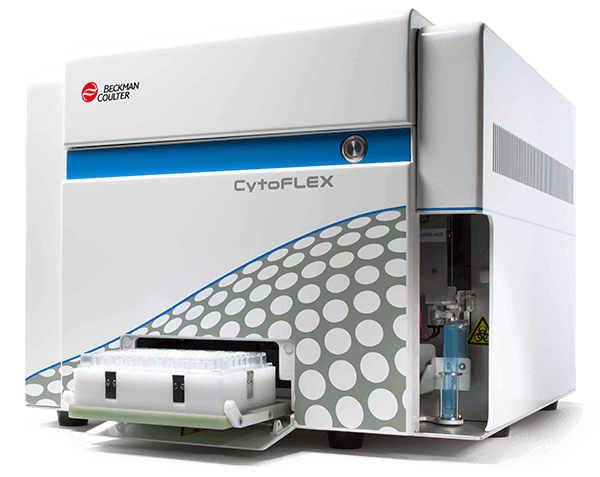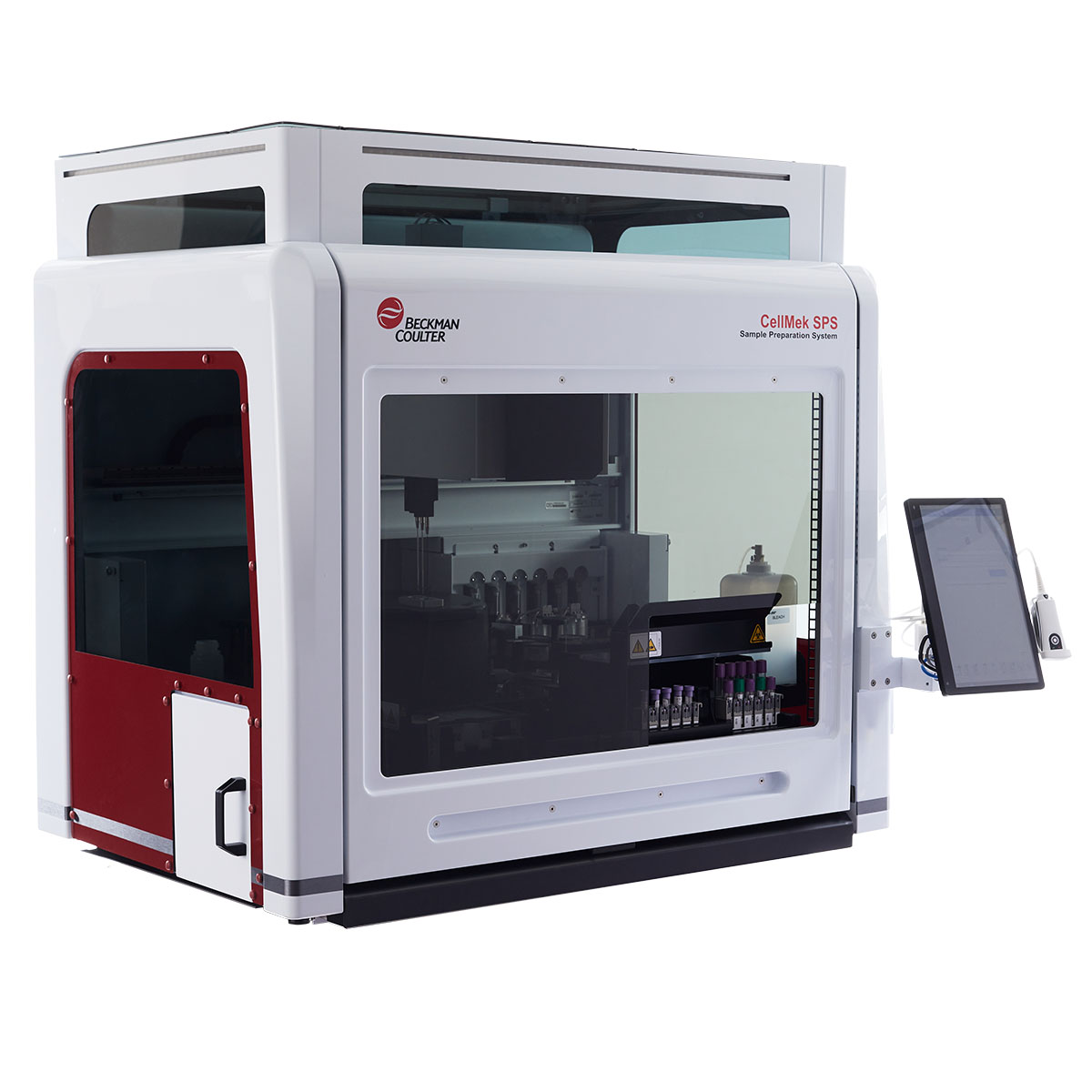OSCAR Antibodies
OSCAR, an abbreviation of osteoclast-associated receptor, is a new member of the leukocyte receptor complex. Human OSCAR is a cell‑surface, monomeric N-glycosylated protein of approximately 45 kDa. The amino acid sequence shows homology with that of members of the KIR family. The protein exhibits two C2-type immunoglobulin extracellular domains, a transmembrane section that contains a positively charged arginine residue, and a short intracytoplasmic tail with no recognizable signaling motif. As suggested by the presence of the charged residue, OSCAR associates with the ITAM-adapter FcRγ and not with other signaling molecules. The gene coding for OSCAR has been mapped to chromosome 19q13. Unlike mouse OSCAR, human OSCAR is widely expressed in cells of the myeloid lineage, and in particular, at all stages of dendritic cell (DC) differentiation and maturation. T cells, B cells, and NK cells do not express OSCAR. OSCAR is involved in antigen presentation and activation of human DCs. It allows processing and presentation of exogenous antigens.
| Clone: 11.1CN5 | Isotype: IgG1 Mouse |






